
Most of the wars, which we are told in history lessons, lasting many years.We learn that the war had a great impact on the course of world history.They helped create the life that we live today.
However, does not mean that the longer the war, the stronger its impact on the world. At first glance, it seems that it is. However, short and quick soldiers also left an indelible mark on the history and influence the lives of millions of people. Let's try to look into the past and learn about the shortest wars in history.
1) The Falklands War (1982)
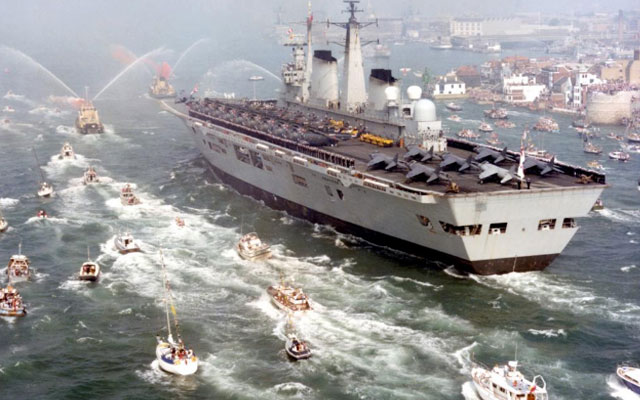
The conflict broke out between Britain and Argentina, and has been linked to the control of the Falkland Islands, located in the south Atlantic. The war started on 2 April 1982, and on 14 July of the same year, Argentina had to surrender. The war lasted a total of 74 days. Among the 257 British were killed. On the part of Argentina's loss was greater: 649 Argentine sailors, soldiers and airmen died. There were victims among the civilian population from the conflict killed 3 civilians Falkland Islands.
2) Polish-Lithuanian War (1920)
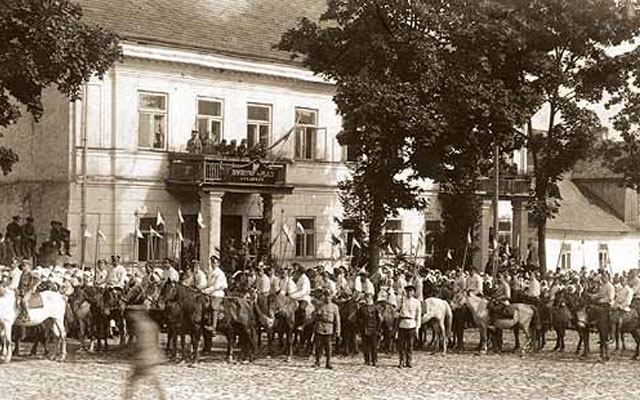
After the First World War between Poland and Lithuania armed conflict broke out. Historical records from the countries participating in the war do not match each other in terms of the beginning and end of this short war, but it is known that it lasted long. The conflict also concerned territorial possessions. Both sides want to control the Vilnius district. Just a few years after the war seems to be over, the debate over this area never ceased to subside.
3) The Second Balkan War (1913)
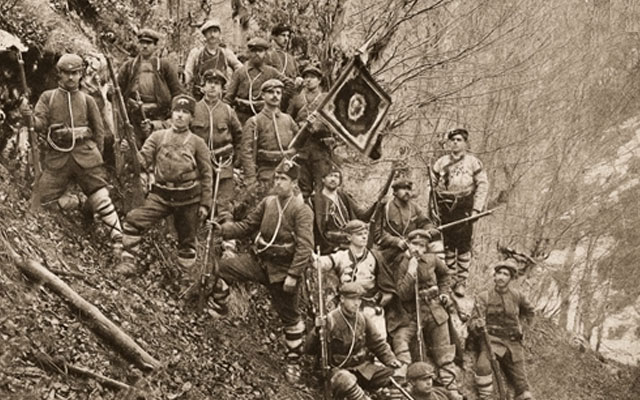
During the First Balkan War, Bulgaria, Serbia and Greece were allies. However, after the end of Bulgaria remained dissatisfied divide the territory. As a result, she untied the Second Balkan War, in which Bulgaria has acted against Serbia and Greece. The conflict began June 16, 1913 and ended on July 18 the same year. Despite the short period of the war, there were many casualties on all sides involved in the war. The war ended with the signing of peace treaties, as a result of which Bulgaria lost many territories, which she managed to grab during the First Balkan War.
4) The Greco-Turkish War (1897)
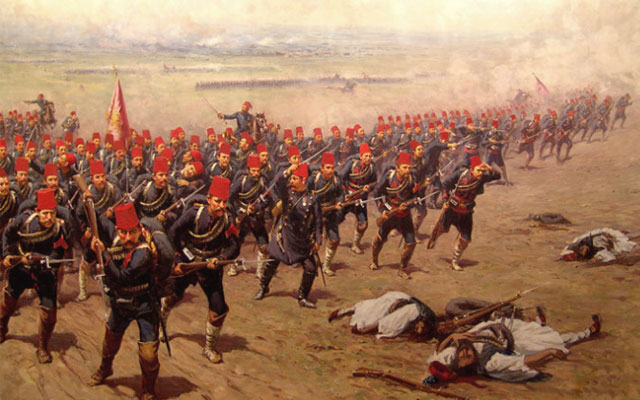
The bone of contention in this conflict was the island of Crete, where the Greeks lived under the rule of the Ottoman Empire and are no longer willing to put up with this situation. Cretans would like to join Greece and revolted against the Turks. It was decided to give the status of an autonomous province of Crete, but it did not suit the Greeks. The Greeks also like to raise a rebellion in Macedonia, but ultimately failed. The war took away thousands of lives.
5) Sino-Vietnamese War (1979)

It is also known as the Third Indochina War, Sino-Vietnamese War lasted only 27 days. Although the armed conflict lasted less than a month, killing many soldiers on both sides: 26 thousand 20 thousand Chinese and Vietnamese. It was also a lot of losses on the part of local residents. The reason for this war was the invasion of Vietnam to Cambodia in order to weaken the influence of the country's communist movement "Khmer Rouge". This movement received support from China, so the Chinese have turned their weapons against the Vietnamese. Both countries believe that we won it.
6) The Armenian-Georgian war (1918)
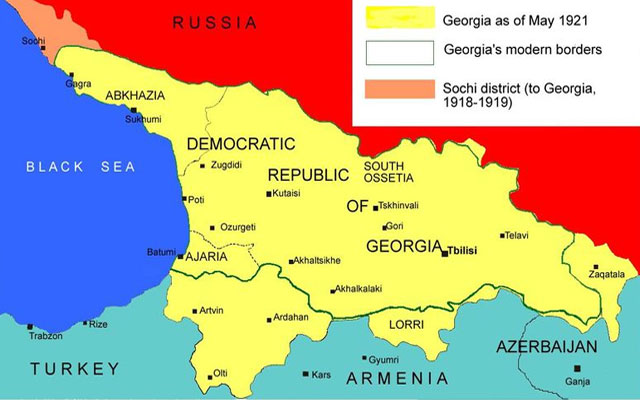
Ottoman troops occupied the region along the borders of Georgia and Armenia during the First World War. When they were gone, these countries have come into conflict over the ownership of certain territories. This conflict lasted only 24 days. With Britain it was resolved. Both sides ran along the borders until 1920. It was in that year Armenia fell into the Soviet Union. The war broke out on Dec. 3, 1918, and ended just before the New Year - 31 December.
7) the Serbo-Bulgarian War (1885-1886 years)
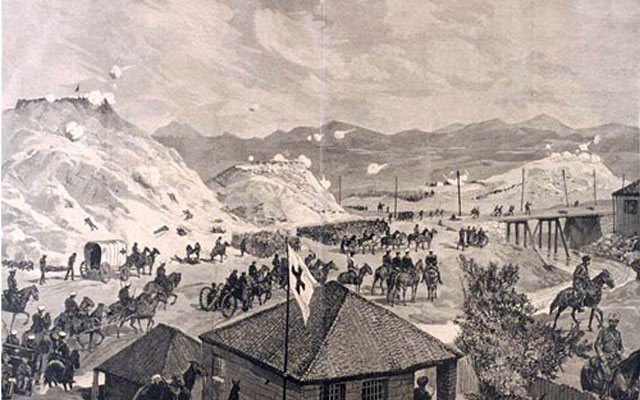
This is another classic example of when two neighboring countries can not peacefully divide the territory. The war began after Bulgaria annexed the territory controlled by the Ottoman Empire. Serbia was dissatisfied with the fact that Bulgaria has provided shelter leaders of their main enemy. November 14, 1885 conflict broke out, but after only 2 weeks of Bulgaria announced his victory. The war killed about 1,500 people on both sides, several thousand were injured.
8) The third Indo-Pakistani War (1971)
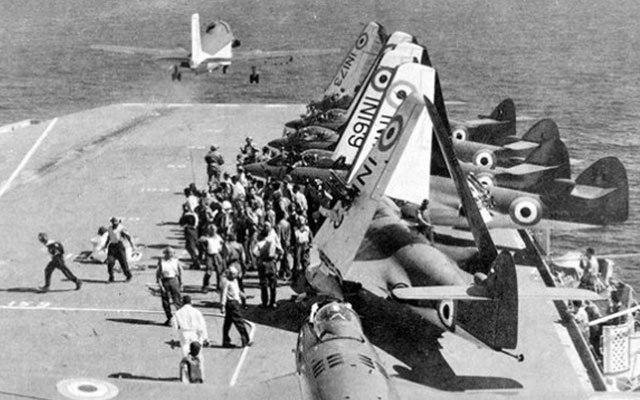
This war took place between 3 and 16 December 1971 between India and Pakistan, which at the time was divided into two parts - West and East. The conflict occurred after the resettlement of millions of refugees from East Pakistan in India. They were forced to flee to a nearby country - India, persecuted by the authorities because of West Pakistan. The authorities did not like the West Pakistan that India has opened its borders to refugees, in the end there was an armed conflict. As a result, the victory was on the side of India and East Pakistan (Bangladesh) gained independence.
9) The Six Day War (1967)
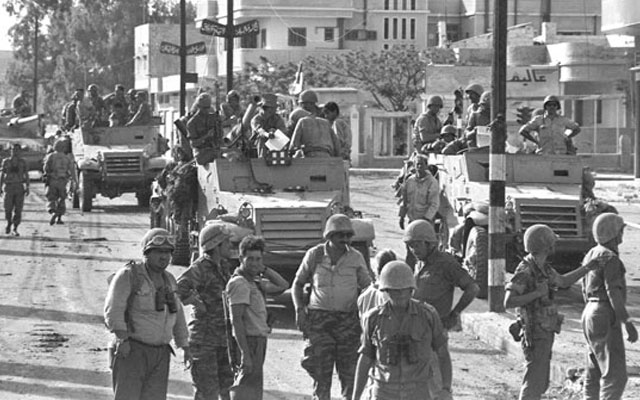
The Arab-Israeli war of 1967, which became known as the Six Day War, began on 5 and ended on June 10. Echoes of the war sounded today. After the Suez crisis in 1956, many countries have had conflicts with Israel. There was a lot of political maneuvering and peace treaties. Israel has declared war, causing a sudden air strike on Egypt. Fierce fighting raged for 6 days, and ultimately Israel was victorious, capturing the Gaza Strip, the Sinai Peninsula, the West Bank and the Golan Heights. Until now, there is debate about these areas.
10) The Anglo-Zanzibar War (August 27, 1896)
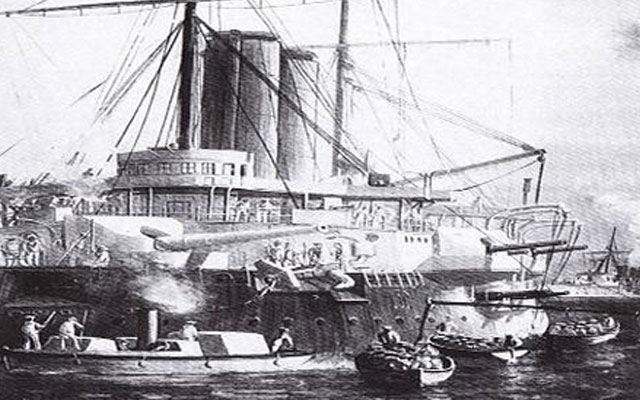
The shortest war in history - is Anglo-Zanzibar War, which occurred in late summer 1896. In total, this war lasted only 40 minutes. The death of Sultan Hamad bin Tuvayni was one of the prerequisites to an unexpected armed conflict.Sultan, who came to replace him, he would not support the interests of the British, which, of course, did not like the UK.He was an ultimatum, but he refused to leave the palace. At 9:02 am August 27, 1896 the palace was set on fire. Royal yacht was attacked and sunk. At 9:40 on the palace flag was lowered, that would mean an end to the hostilities. For 40 minutes, killing about 570 people, all from the Africans. The British were quick to appoint another sultan, which was to obey them.
No comments:
Post a Comment